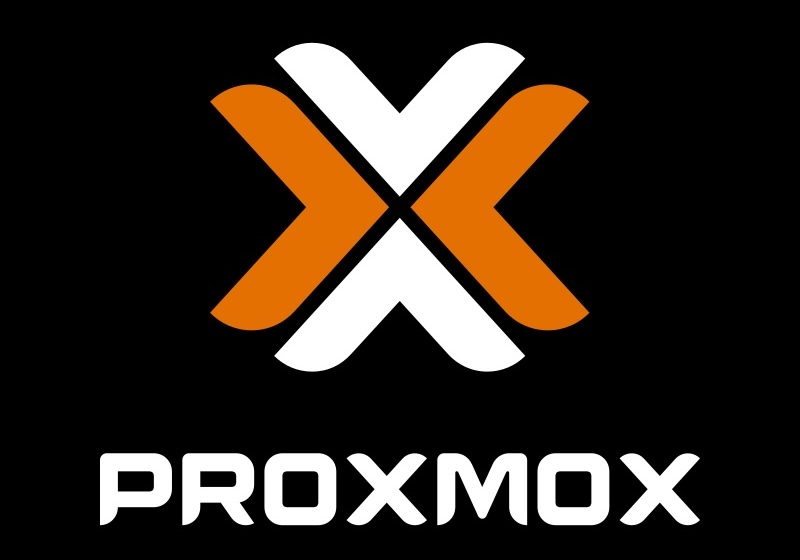
Broadcom has made sweeping changes to VMware’s business since acquiring the company in November of 2023, killing off the perpetually licensed versions of VMware’s software and instituting large-scale layoffs. Broadcom executives have acknowledged the “unease” that all of these changes have created among VMware’s customers and partners but so far hasn’t been interested in backtracking.
Among the casualties of the acquisition is the free version of VMware’s vSphere Hypervisor, also known as ESXi. ESXi is “bare-metal hypervisor” software, meaning that it allows users to run multiple operating systems on a single piece of hardware while still allowing those operating systems direct access to disks, GPUs, and other system resources.
One alternative to ESXi for home users and small organizations is Proxmox Virtual Environment, a Debian-based Linux operating system that provides broadly similar functionality and has the benefit of still being an actively developed product. To help jilted ESXi users, the Proxmox team has just added a new “integrated import wizard” to Proxmox that supports importing of ESXi VMs, easing the pain of migrating between platforms.
The announcement claims that an imported ESXi VM will have “most of its config mapped to Proxmox VE’s config model” to minimize downtime. The documentation indicates that the import wizard is still “in tech preview state” and “under active development,” though it’s also said to be “working stable.” The importer works with VMs made in ESXi versions 6.5 through 8.0, which was the most recent version available before Broadcom discontinued the software.
A wiki article from Proxmox also provides more information about preparing your VMs for the move. The article recommends uninstalling guest tools made to work with ESXi, noting network configuration settings like MAC addresses or any manually assigned IP addresses, and disabling any full-disk encryption that stores its keys in your hypervisor’s virtual TPM. It’s currently not possible to migrate vTPM settings from one hypervisor to another, so booting up a VM with disk encryption enabled will require a recovery key before the machine will boot.
Like the free version of ESXi, the free version of Proxmox VE doesn’t include technical support beyond what is offered in Proxmox’s community forums. For people who use Proxmox VE and want to deploy it more widely in a business, Proxmox does offer a few subscription tiers that provide access to its more stable Enterprise Repositories and actual technical support from the software’s developers.




















+ There are no comments
Add yours